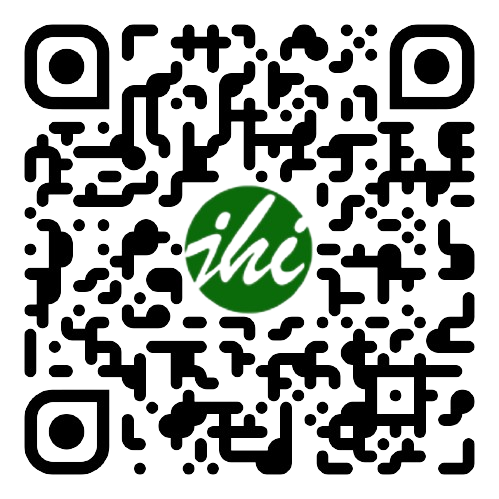Tinjauan Hukum Islam Terhadap Pemalsuan Identitas Anak Hasil Nikah Siri (Studi di Desa Rowokembu Kecamatan Wonopringgo Kabupaten Pekalongan)
DOI:
https://doi.org/10.28918/jhi.v17i1.2025Abstract
Self-identity is the right to a child which must be stated in the birth certificate, no exception for children who are born from unregistered marriage. However, if the identity is inaccurate or falsified, it will have an impact on the rights and obligations between the child and the parents. Therefore, this study aims to explain the forms of falsification of unregistered marriage's children's identity, a review of Islamic law on falsification of children's identity who are born from unregistered marriage, and explain the legal implications of falsifying the identity of children from unregistered marriage. This research is a qualitative study which was located in Rowokembu, Wonopringgo, Pekalongan Regency. The collected data were analyzed using typology models and analysis by using Islamic law. The results show that: (1) there are three models of falsifying children's identity, namely by using the identity of biological fathers and stepmothers as biological parents, using the identity of stepfathers and biological mothers as biological parents, and using the identity of others as parents the biological child. (2) Falsifying child's identity even if it is completed for the child's goodness in order to obtain the legality, nevertheless in the review of Islamic law as well as a falsehood which can be detrimental to others, so the culprit may obtain the punishment. (3) Falsification of the child's identity can affect the status of the child towards his parents, especially in the issues of guardianship, inheritance and his mahram.
Downloads
Published
How to Cite
Issue
Section
License

This work is licensed under a Creative Commons Attribution-ShareAlike 4.0 International License.
Jurnal Hukum Islam use a variety of waivers and licenses that are specifically designed for and appropriate for the treatment of data:
- Open Data Commons Attribution License, http://www.opendatacommons.org/licenses/by/1.0/(default)
- Creative Commons CC-Zero Waiver, http://creativecommons.org/publicdomain/zero/1.0/
- Open Data Commons Public Domain Dedication and License, http://www.opendatacommons.org/licenses/pddl/1-0/
Other data publishing licenses may be allowed as exceptions (subject to approval by the editor on a case-by-case basis) and should be justified with a written statement from the author, which will be published with the article.













.png)














